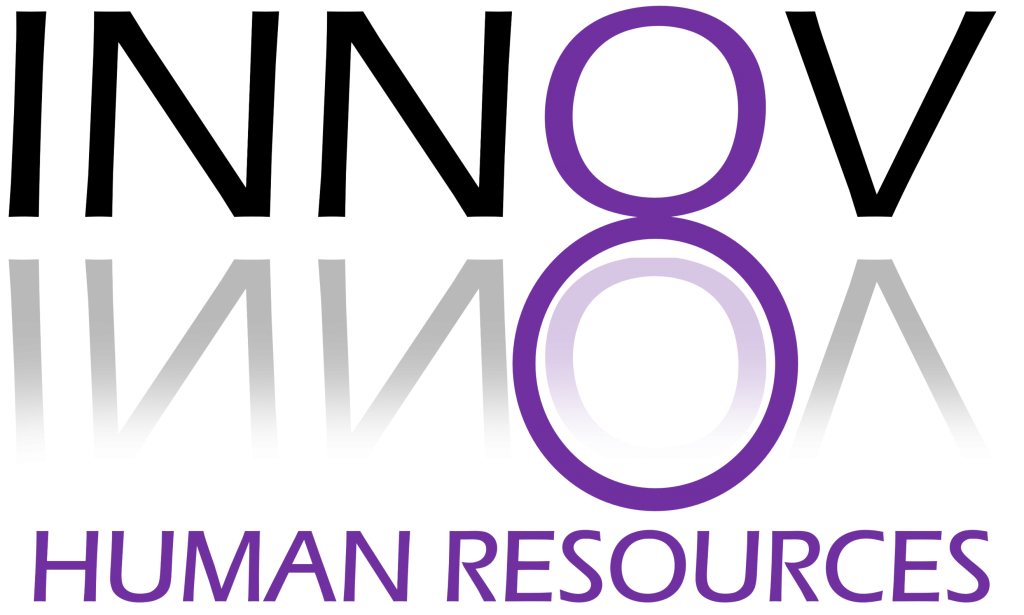Workplace Mediation
Mediation is a confidential process whereby a neutral third party intervenes in a workplace conflict or dispute, in order to assist the parties in reaching a satisfactory outcome.
It is a structured process which enables parties to identify, consider and discuss their own and each other’s current and future needs. It creates a safe environment where parties are able to communicate and work towards the restoration of a positive working relationship.

Workplace conflict – what are the organisational costs?
The following are some of the costs associated with workplace conflicts:

The risk of time-consuming formal proceedings such as grievances and employment tribunal claims.

Staff turnover, re-recruitment and re-training costs, where conflict leads to the departure of those affected.

Poor working relationships within the teams affected.

Sickness absence costs as the individuals concerned take time off to deal personally with the effects of the conflict.

Lower staff morale leading to less commitment to exerting discretionary effort, leading to lower productivity.

The potential for a blame culture to develop, rather than one focused on innovation.

Management time being diverted to dealing with the conflict instead of focusing on managing the business.

Loss of focus on corporate goals and common objectives as people are distracted by the disagreement.

The employer’s external reputation could be compromised.
Why does mediation work?
Mediation provides the parties with a way to deal with behaviours, based on needs and interests, rather than being rights-based.
It allows the parties to hear the other person’s point of view from their perspective, in an environment that is non-judgmental, and non-fact-finding and allows the parties to have their views or feelings recognised and acknowledged. Individuals will also have the opportunity to say what they want to say, to be heard and sometimes this is no more or less than to ask the other party to put themselves in their shoes to see the matter from their perspective. Very often all that is needed is a single apology.
The mediation process encourages individuals to take charge and find their own solutions. In this way, it is more likely to produce a satisfactory resolution that will last, as it is they who reach the agreement, with nothing being forced upon them. The mediation process is future-focussed; the parties encouraged to move away from the past and look to the future.

What are the benefits for the company?
Mediation has been shown to reduce levels of grievances, where these would have led to a tribunal, and provides a far cheaper response than the employment tribunal process, which can involve immediate financial costs to the organisation and the individual claimant, as well as non-financial burdens.
According to a recent Conflict Management survey report, the main benefit in using mediation is improving relationships between individuals, cited by 80% of respondents, to reduce or eliminate the stress involved in more formal processes (64%) and to avoid the costs involved in defending employment tribunal claims (52%).
The CIPD survey also identified other common benefits to include:

Retaining valuable employees

Reducing the number of formal grievances raised

Developing an organisational culture that focuses on managing and developing people

Reducing sickness absence

Being able to maintain confidentiality


